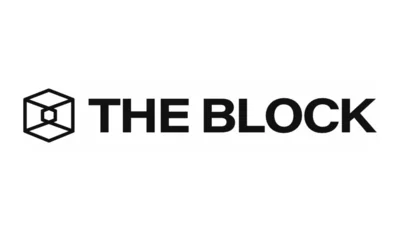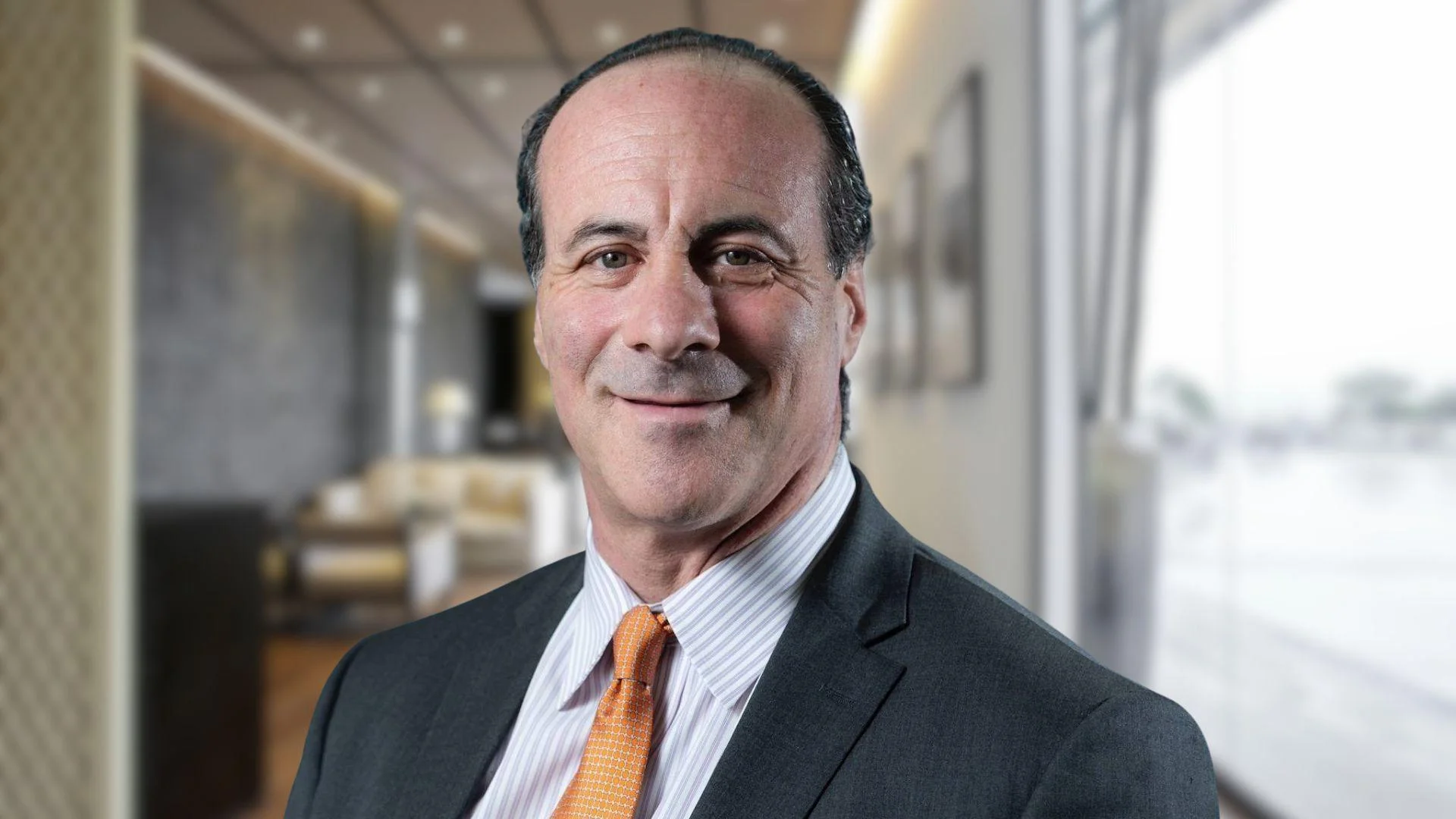Seth Hertlein, the Global Head of Policy at Ledger, a Paris-based digital asset wallet provider, has countered the widespread public belief that cryptocurrency is a common tool for criminals. According to Hertlein, illicit activity is more prevalent in the traditional financial system. His comments were featured in the Cap Hill Crypto newsletter's January 5 edition.
Coinbase CEO Says UK's TV Ad Ban Sparked ‘Quite a Reaction’

Barry Silbert returns to Grayscale as chairman as the firm prepares to go public

August is historically bad for Bitcoin: should you buy this altcoin x100 instead?

Customs duties: faced with Trump, Europe has chosen submission rather than confrontation

Europe risks USD dominance without common stablecoin rules: ECB adviser

ASIC Warns Against Bitget’s “Unlicensed” Crypto Offerings

Bitcoin, XRP… PayPal opens in-store payment to 100 cryptocurrencies

Changpeng Zhao's fortune surpasses $70 billion thanks to rising BNB

Mercurity Fintech to build $200 million SOL treasury with backing from Solana Ventures Ltd.

Out with gold, in with Bitcoin: India's ultra-rich are betting everything on crypto

Trump’s media company reports $2B in Bitcoin after crypto bills pass US House

UK to sell $7.2 billion worth of Bitcoin (BTC)

BloFin Adds Apple Pay Support; An Even Smoother Crypto Buying Experience for Traders

Bitcoin creator Satoshi Nakamoto is the world’s 11th richest person

Binance Launches TGE Bonding Curve with Four.Meme: Everything You Need to Know

Bernstein expects 'long and exhausting' crypto bull market with bitcoin to hit $200,000 by early 2026

Strategy bags another $472M in BTC as Bitcoin jumps to new highs

Bank of England puts a stop to stablecoins: here's why

UAE Golden Visa is ‘being developed independently‘ — TON Foundation

SEC Sets July Deadline for Solana (SOL) ETF Refilings, Clearing Path for Pre-October Approval

Robinhood's OpenAI-linked token drop triggers demand debate

US Secret Service cracks down on crypto scams

Donald Trump Signs His “One Big Beautiful Bill” Budget Law — What’s the Takeaway?

Crypto exchange OKX wants to go public on Wall Street

Federal Reserve removes 'reputational risk' from bank examinations in a 'win' against crypto debanking

India wants 30% of your crypto gains, but that’s not the worst part

This payment giant announces a stablecoin for 6 million merchants and 10,000 financial institutions

Bitcoin at $21 million by 2046? Michael Saylor revises his predictions upwards

JPMorgan files trademark application for JPMD, citing multiple blockchain use cases

Geopolitical tensions: Gold soars, Bitcoin hesitates


"Criminal activity involving crypto is orders of magnitude smaller, both on an aggregate and a percentage basis, than the amount of criminal proceeds moved through the traditional financial system in fiat currencies," Hertlein said. "When criminal proceeds are moved through crypto, seizure and recovery rates are far higher than in the traditional context. Turns out it's not easy to hide on an immutable public ledger. Contrary to the common misconception, crypto's relative lack of use in crime is a success story!"
Chainalysis, a blockchain analytics company, released a report indicating that only 0.15% of total crypto transactions in 2021 were linked to illicit wallet addresses. The report suggests that "The yearly trends suggest that with the exception of 2019 — an extreme outlier year for cryptocurrency-based crime largely due to the PlusToken Ponzi scheme — crime is becoming a smaller and smaller part of the cryptocurrency ecosystem." Chainalysis attributes this trend to the transparency provided by blockchain technology, which allows analysts to trace illicit funds more easily.
In its report titled "National Strategy for Combating Terrorist and Other Illicit Financing", the U.S. Treasury Department found that most terrorist organizations primarily rely on traditional financial systems and cash for fund transfers.
The United Nations Office on Drugs and Crime reported that an estimated 2-5% of global GDP or between $800 billion and $2 trillion USD is laundered annually. However, due to money laundering's clandestine nature, it remains challenging to estimate the total amount laundered.
Dr. Andrzej Gwizdalski from the University of Western Australia analyzed data from the United Nations, World Economic Forum, and Chainalysis. He found that "Traditional fiat, like the USD, is implicated in an estimated $3.2 trillion in illegal activities annually—over 100 times the $20 billion linked to cryptocurrencies," according to a post from Oodaloop. Gwizdalski also warned that "Using crypto for illegal purposes is inherently risky and plainly unwise with every transaction transparently recorded."
Before joining Ledger, Hertlein served as Head of Policy and Government Relations for the Stellar Development Foundation, where he oversaw global engagement on crypto policy and regulation. This information was shared in a press release by the PA Blockchain Coalition (PBC). Hertlein is also a member of the Blockchain Association and has previously served on the leadership committee of the Chamber of Digital Commerce’s Token Alliance. In May 2022, he was appointed as Advisory Board Chair for PBC.
More News
Brian Armstrong, CEO of Coinbase, said that broader cryptocurrency use will emerge from seamless products where users benefit without engaging with the underlying systems.
Michael Saylor, co-founder of Strategy Inc., announced that the company has expanded its bitcoin holdings and reported a 25.9% year-to-date yield for 2025.
Lark Davis, founder of Wealth Mastery, advised traders to avoid leverage and risky "revenge trading" amid widespread liquidations and emphasized the importance of protecting capital.
Kent Lin, Co-founder of Optimum, said that Bitcoin's market capitalization is approximately 7% of gold's, suggesting that the rally in gold expands potential upside for Bitcoin.
Anna Milne, founding director of research for the CAFE Association, said that membership focuses on industry leadership that combines innovation with consumer protection, rather than merely adhering to baseline compliance.
Edward "Coach" Weinhaus, the Founding Executive Director of the CAFE Association, emphasized that fraud is a shared problem and detailed the organization's plan to educate consumers and support responsible companies.
 Alerts Sign-up
Alerts Sign-up






